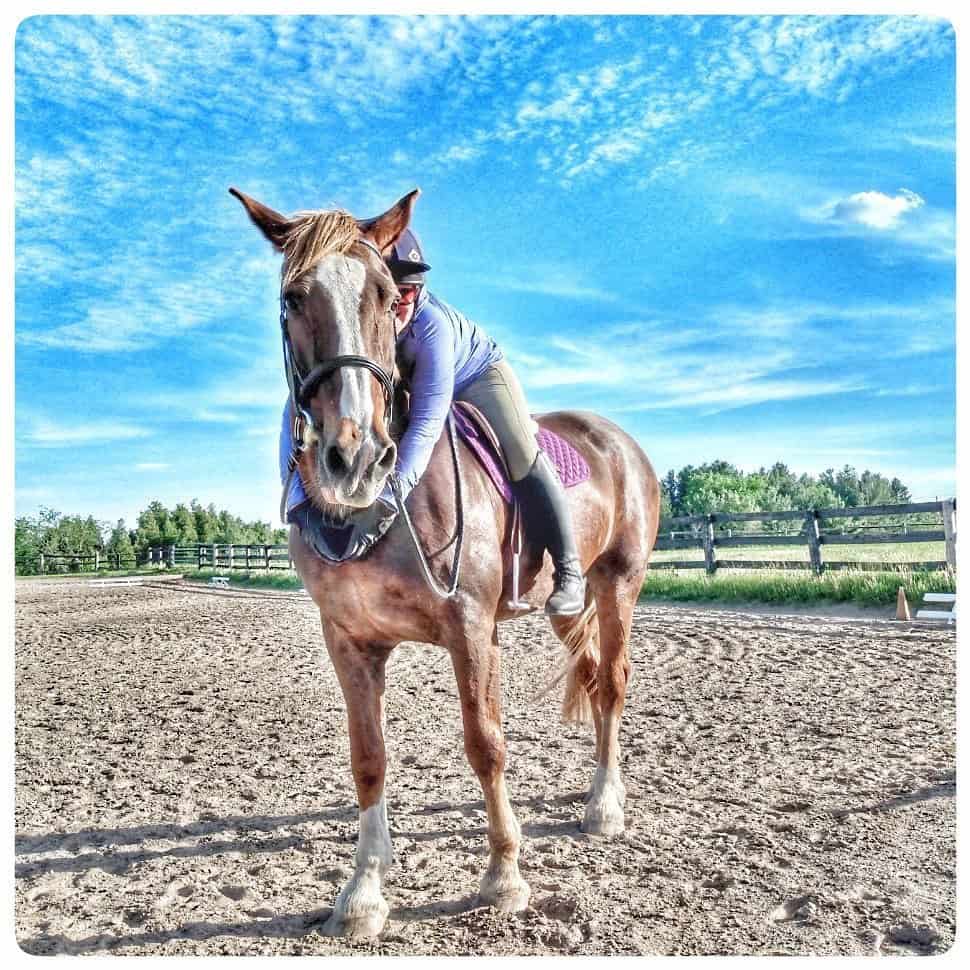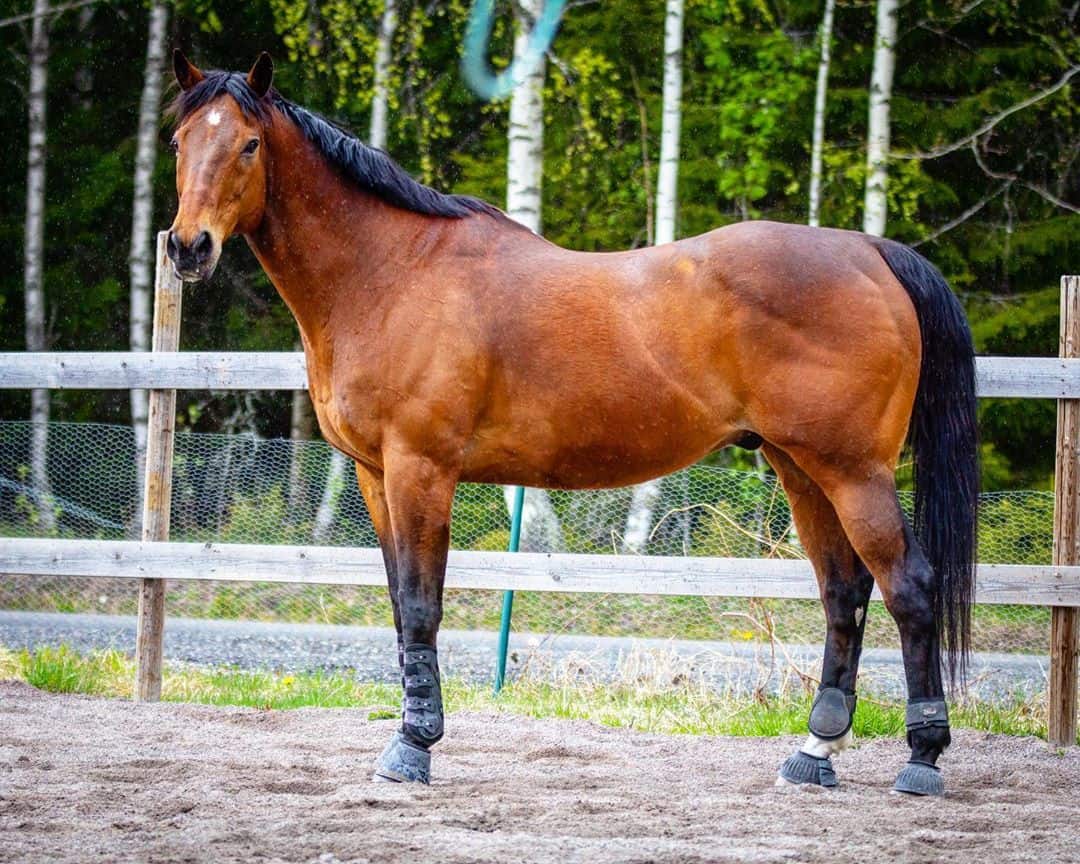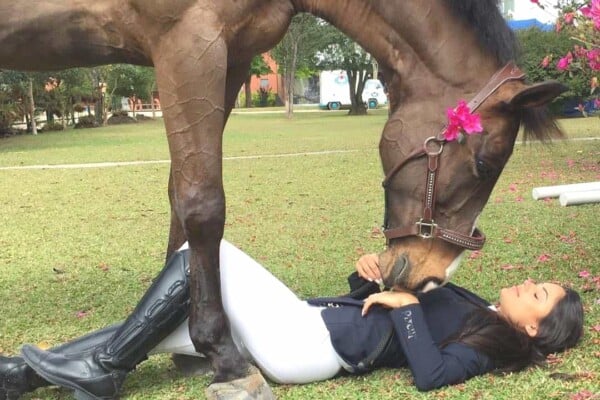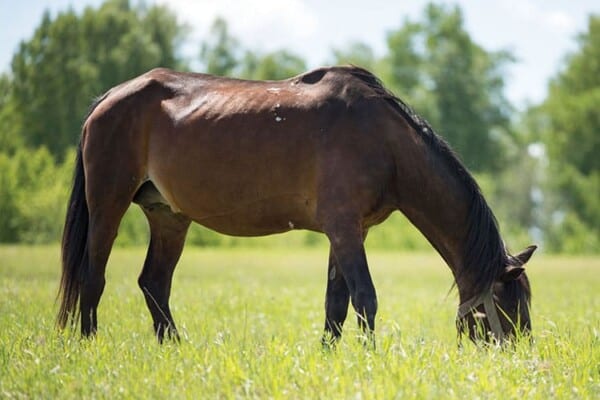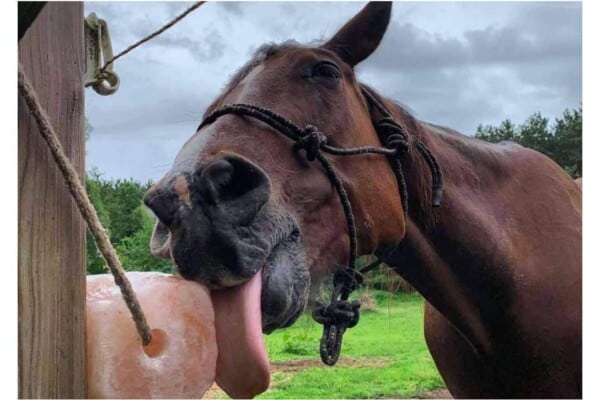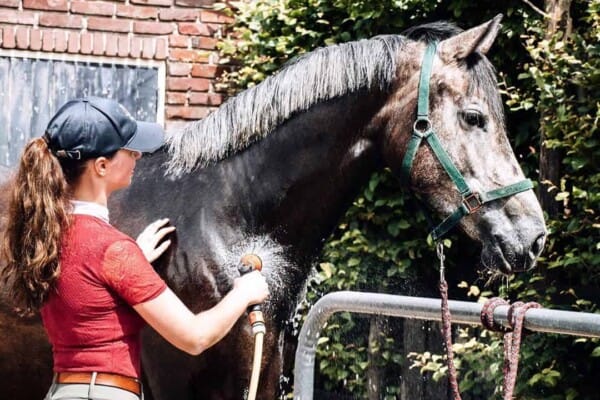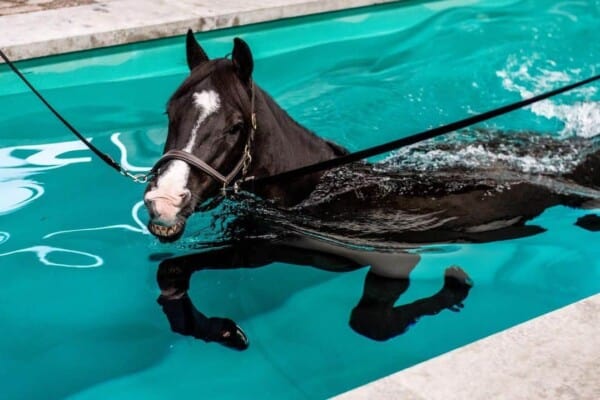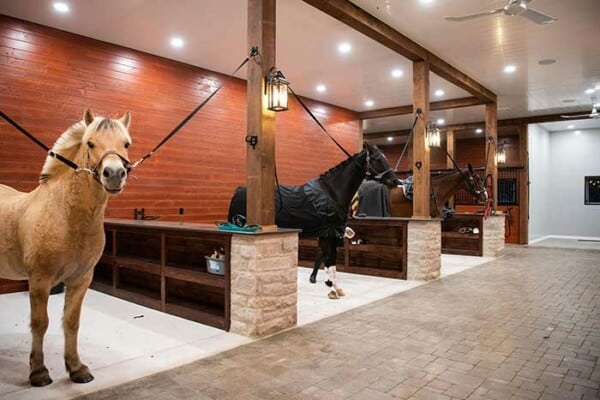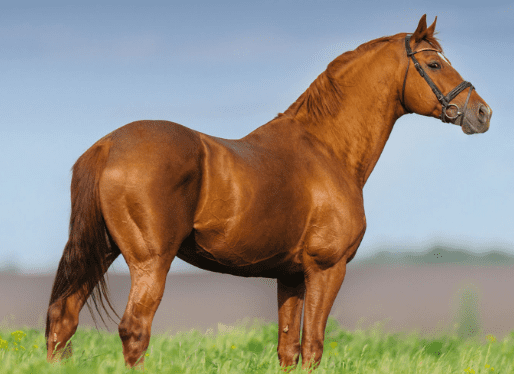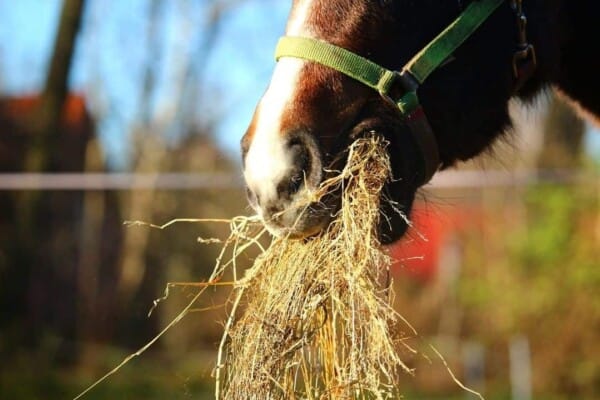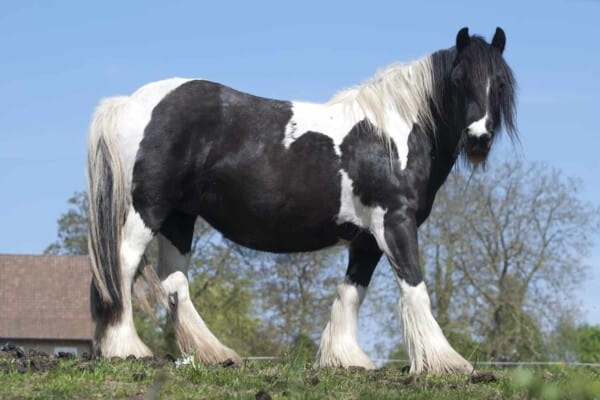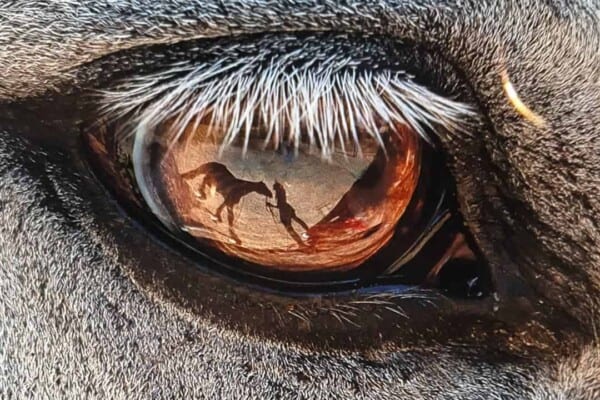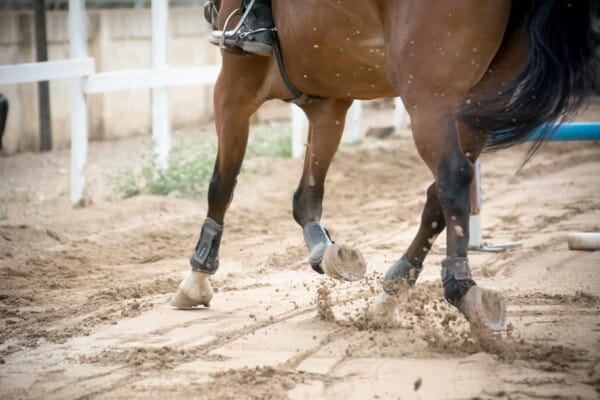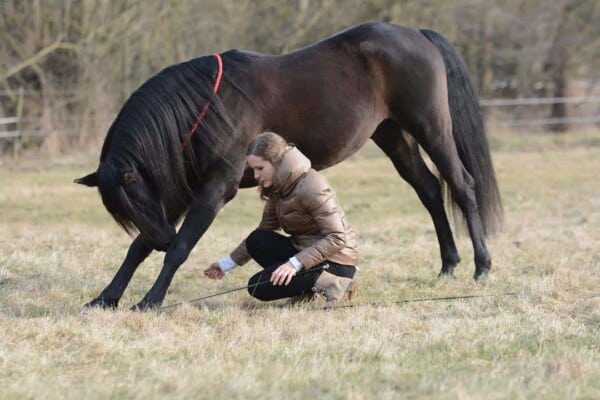With advances in veterinary science, particularly in the treatment of arthritis and the increasing work being done in the field of Equine Cushing’s Disease, many horses are living happy and fulfilling lives well on into their twenties and sometimes beyond. But older horses are high maintenance and it is important to put in place a program to help optimize their health and welfare.
Dietary support
- Use a proprietary joint supplement recommended by your vet. Many senior horses begin to develop stiffness and arthritis in their later years and a joint supplement can be very supportive of their mobility
- Consider the use of NSAIDs – Non-Steroidal Anti-Inflammatories – on an ad hoc basis to deal with arthritis flare-ups and general aches and pains and periods of limited mobility. Key triggers for this are stabling through the winter when the horse is moving less and shoeing which some older horses find increasingly difficult as they age. You can ask your farrier to take time particularly with the hind legs and allow the horse to rest by dropping the leg every few minutes. But at a low level and on a regular basis can help keep an older horse moving better and create an upward rather than a downward spiral of mobility and it won’t mask anything serious
- There is a huge range of senior and veteran horse feeds which are specifically formulated to support the changing nutritional needs of older horses. These include an ability to hold weight especially during the colder months and additional supplementation to promote joint mobility
- Always ensure plentiful access to good quality forage – lack of hay or grass is the biggest culprit of weight loss seen in older horses during the winter months, not the available hard feed
- Older horses masticate less well so may require softer hay or haylage which is easier to chew than a harder seed hay
Veterinary support
- Ensure that your horse has regular dental checks as poor nutrition is often linked to tooth issues – six months is a good frequency to work to – and inadequately chewed food can cause gut obstructions and colic
- Rumbling wear and tear and old age soundness issues can be well supported with regular reviews and collaboration between vet, owner and farrier
- Older horses should be checked for Equine Metabolic Syndrome – EMS – and Equine Cushing’s Disease even if your horse doesn’t seem to be the type or is not exhibiting any of the traditional signs – you can’t tell by looking. It is sometimes the case that horses who are showing none of the telltale signs associated with Cushing’s Disease test positive and those who really look like they should have it, test negative
Daily management
- Keeping your horse out at grass and moving is ultimately the best thing to ensure optimal mobility and good health but you do need to be live to conditions which may cut across this such as very muddy and deeply poached areas around field shelters in the winter and intense heat in the summer – sometimes horses have to be stabled even though you would prefer to leave them out
- Use a chiropractor and an equine physiotherapist to devise a program which complements your horse’s ridden timetable. Don’t overlook retired horses who will still benefit from regular chiropractic and physio sessions to help keep them comfortable and moving
- Be cautious about dust both in the stable and with forage – it’s important with older horses to stay on top of the essentials or you can end up with a package of things you have to manage. Try not to let routine health care slip the other side of the line
Riding
Many horses work on well into old age and some compete at a high level even into their twenties; as with people, a lot of it is the luck of the draw and how good their general health and soundness is. Here are some riding tips that can help senior horses:
- The key to working older horses is to do only what they feel comfortable with so this may involve curtailing what you would like to do for the welfare of your horse
- Be particular about ground conditions – lameness and injuries caused later in life can be slower to mend – hard ground will have a greater impact on an older horse than a younger one although it not ideal for either
- Adjust your horse’s program of work to what he is comfortable with, this might include fewer ridden sessions or jumping less frequently or jumping at a lower height
- Always allow your horse plenty of time to warm up if he has come straight from the stable to the arena. Spend a longer time in walk with suppleness and lateral exercises or go for a 20-minute hack before you start schooling
- Saddles should be checked on a six-monthly basis to ensure good fit particularly as workloads decrease and/or horses have periods out of work due to health issues. Older horses can experience a change in shape and musculature due to a combination of the ageing process and less or infrequent work patterns. A poorly fitted saddle will cause muscle soreness and gait issues which could compound already existing problems like arthritis
Age is just a number but horses don’t contemplate how long they have lived or how long they might live; it’s all about the quality of life and absence of pain. So, don’t persist with a horse who clearly is no longer comfortable and has lost that quality of life. When that time comes is a bit of a lottery, the horse could be 20 or 30 years old.
Exceptional age is a testament to the quality of care more often than not but losing a horse earlier is not necessarily an indicator of poor care or some failure on the part of the owner. Horses, like people, can develop conditions and diseases which limit their life expectancy and this often has no reflection on or connection to the care they have received. It’s far better to have 20 quality years and then quit than 20 quality years and 5 miserable ones before the end. Manage each horse as the individual they are undoubtedly are.

